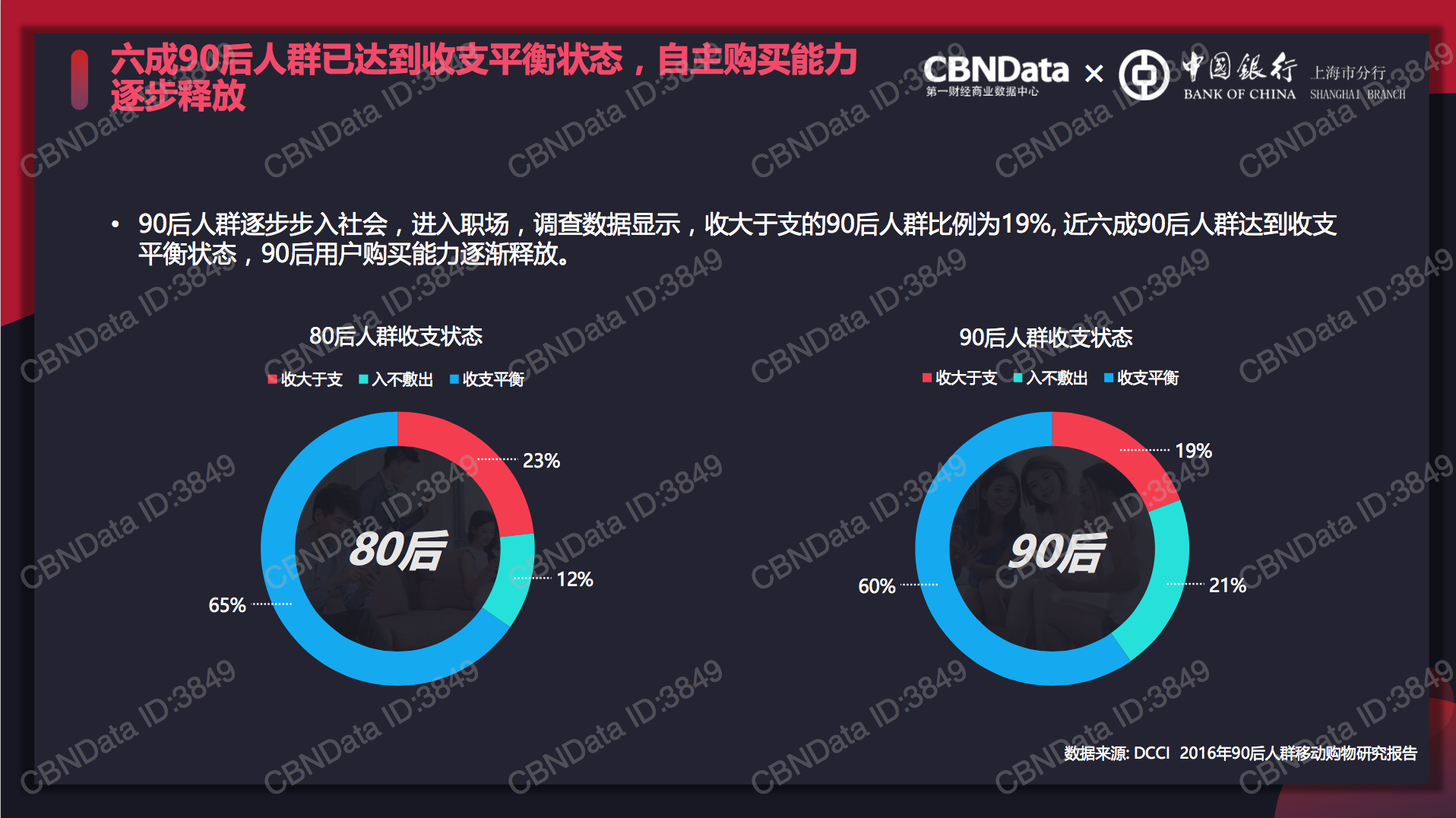There have been obsessive, repeat discussions on “millennials,” usually defined as the post-80s and post-90s generations, in recent years, so much so that it almost seems like the 80s and 90s generations are the youngest consumers whose habits will have an impact on the global market. However, as the oldest of the Z-lennial generation reach adulthood next year, their spending power will be expanding quickly.
Moreover, as the Chinese Z-lennial generation, those born after 2000, undergoes changes in China's social structure not experienced by previous generations, their consumption patterns are likely to be different from everything previously considered characteristic of Chinese consumers in ways that challenge luxury brands’ previous understanding of Chinese consumer culture.
Good News for Brands#
The good news for brands is that Chinese Z-lennials are certainly a more consumption-oriented generation. They will be consuming luxury, and there is no evidence that they will not spend more on shopping than their previous generations. The environment that Chinese Z-lennials have been brought up in is the fast growth of 21st century China, which predetermines their unprecedented impact upon the luxury industry.
The majority of Chinese Z-lennial generation are the children of Chinese 70s generation and the millennials.
The 70s generation grew up during and in the aftermath of the Cultural Revolution and the beginning of the Reform and Opening period in the 80s, a period marked by increased social liberalism. Compared to previous generations, they are the first generation of Chinese with a comparatively stable life and their encounter with Western consumption culture has shaped their mindset to be more open-minded and values-driven.
Similarly, Chinese millennials are generally considered very active participants in luxury consumption, as their economic well-being allows them to invest generously in luxury at an early age, something that had never been possible for Chinese before.
Because Chinese Z-lennials are young and their worldview is still developing, their life-style preferences are significantly shaped by that of their parents as well as their environment, which is namely: enjoying comfortable living, being trendy, and being consumption-oriented.
Challenges Brands Face#
- Chinese Z-lennials are likely to have a different mentality towards luxury.
Growing up in the age of information and being the children of luxury-minded generations cultivates a high-level of awareness among Chinese Z-lennials of luxury brands. However, as the Chinese Z-lennials are highly exposed to luxury brands at an early stage of their lives, they will also be less sensitive to the connotations surrounding luxury goods.
The parents of Chinese 00s, as discussed above, are themselves familiar with consuming Western luxury products. Growing up being surrounded by luxury brands in their households, 00s are likely to place less value upon the privilege previous generations used to associate luxury consumption with.
Moreover, according to Chinese fashion blogger Tao Liang at the International Luxury Conference, young Chinese consumers are becoming more values-driven and tend to make purchasing decisions while looking for values that resonate with their desire for self-expression, such as authenticity and sustainability. A more spiritual approach to consumption, along with decreasing regard for the prestige of established luxury brands, will make Chinese Z-lennials more conscious consumers for luxury.
- Chinese Z-lennials generation may have less money to spend on luxury goods.
The One Child Policy of China began in 1979 and was officially phased out in 2015, Chinese millennials' family life has been dominated by this family and overwhelmingly grew up in single-child households. Their irreplaceable importance to their family lends to their enthusiasm towards luxury consumption. With many of them too young to earn their own living, they largely require enormous financial support from their family. However, following the end of the One Child Policy, more and more Chinese families are considering having more children. Many Chinese Z-lennials will have to share resources with their siblings. No longer being the absolute “center” of the family like previous generations were, they will likely receive more modest financial support, which in turn conditions them to spend more wisely.
- Chinese Z-lennials are more likely to be shaped by their global perspectives.
As it has become a popular trend for Chinese parents to favor Western education, many of the Chinese Z-lennials receive either bilingual education domestically or are sent by parents abroad at a young age. The lower average age of children participating in “Western education” is making the next generations of Chinese true global citizens, who not only travel extensively but also form their perspectives by assimilating with other cultures.
According to Steven Erlanger, partner at McKinsey & Company at the International Luxury Conference , one of the key consumption trends among global millennials is their tendency to be price conscious – despite their strong desire towards luxury, it is always the best deals that they are looking for. Would the decrease in impulsive luxury consumption be one of the things Chinese Z-lennials generation absorb from their global peers, and would that make them start to spend less on luxury?
- Challenges by Growth of Domestic Luxury Brands.
A report published by Shanghai RTG Consulting Group reveals that among younger generations of Chinese, there is an increasing trend to respond favorably to domestic brands, especially beauty brands. Although according to the report, Western luxury offerings so far still remain dominant in the face of local brands’ increasing presence, it is hard to tell whether that landscape will be maintained in the future.
What Can the Brands Do to Secure Their Presence in the Chinese Market?#
Many of the domestic brands are able to win some market share by targeting 2nd and 3rd-tier cities. In a report by Morgan Stanley that came out this year, Chinese lower-tier cities are expected to reach a total spending power of 9.7 trillion by 2030, almost the size of China's entire economy in 2015 -- with this number excluding 3 first-tier cities and 26 second-tier cities. As the consumption power brought about by the huge population in non-first-tier cities is increasingly important, catering to the needs of consumers in those cities is crucial for Western brands’ competition with Chinese local brands.
Moreover, as the Z-lennials are the real first generation of digital natives. Not only are their consumption habits different, but their perception of “communication” is highly divergent from every generation before them. As Z-lennials expect everything to be quick and interactive, digital marketing will play a huge role in targeting this new generation of consumers. With the quick speed that the Chinese internet landscape evolves, Western brands will have to continue updating their knowledge of it to keep up with the latest expectations of Chinese Z-lennial consumers.



